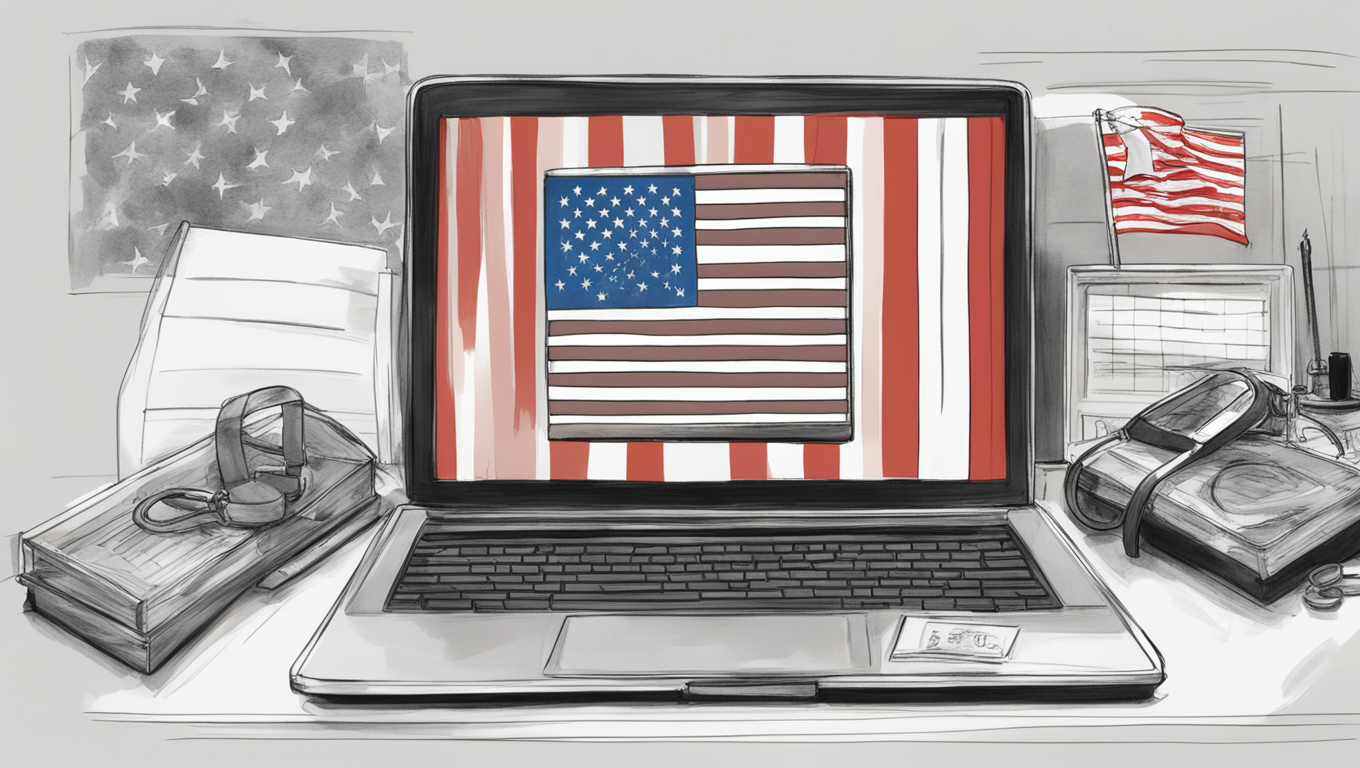Former Google Engineer Arrested for Stealing AI Technology, Raising National Security Concerns
In a shocking turn of events, a former software engineer at Google has been charged with stealing artificial intelligence (AI) technology from the company. Linwei Ding, a Chinese national, was arrested in Newark, California, on four counts of federal trade secret theft. The case against Ding was announced by Attorney General Merrick Garland at an American Bar Association Conference in San Francisco.
Ding allegedly stole AI technology from Google while secretly working with two companies based in China. This has raised serious national security concerns and highlights the ongoing threat of Chinese economic espionage. FBI Director Christopher Wray commented on the case, stating, “The theft of innovative technology and trade secrets from American companies can cost jobs and have devastating economic and national security consequences.”
The Justice Department has been emphasizing the potential dangers of AI technology falling into the wrong hands. Deputy Attorney General Lisa Monaco recently stated that AI enforcement would be a top priority for the administration’s multi-agency Disruptive Technology Strike Force. FBI Director Wray also warned against the ease with which AI and other emerging technologies can be exploited to interfere with the American political process.
According to the indictment, Ding, who was hired by Google in 2019, had access to confidential information about the company’s supercomputing data centers. Two years ago, he began uploading hundreds of files into a personal Google Cloud account. Shortly after, Ding was allegedly offered the position of chief technology officer at a Chinese technology company that heavily relied on AI technology. Additionally, he founded and served as the CEO of another China-based startup focused on training “large AI models powered by supercomputing chips.”
Prosecutors claim that Ding did not disclose his affiliations with the Chinese companies to Google. He resigned from Google on December 26, and just three days later, he presented as the CEO of one of the Chinese companies at an investor conference in Beijing. Surveillance footage also showed that another employee had scanned Ding’s access badge at the building where he worked, falsely indicating that Ding was present when he was actually in China.
This case highlights the ongoing battle to protect intellectual property and prevent the unauthorized transfer of sensitive AI technology. The consequences of technology theft can have grave economic and national security implications. As AI continues to advance, it is crucial for companies and authorities to remain vigilant and take appropriate measures to safeguard against such threats.
It is unclear at the moment whether Ding has legal representation. The trial will undoubtedly shed further light on the extent of the theft and its potential ramifications. As developments unfold, it is crucial for both the technology industry and government agencies to work together to address these security vulnerabilities and ensure a safer future for AI innovation.





Use the share button below if you liked it.